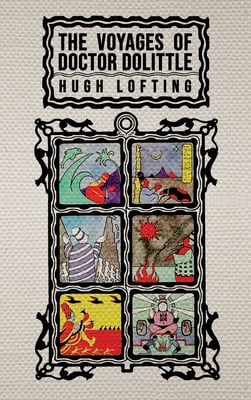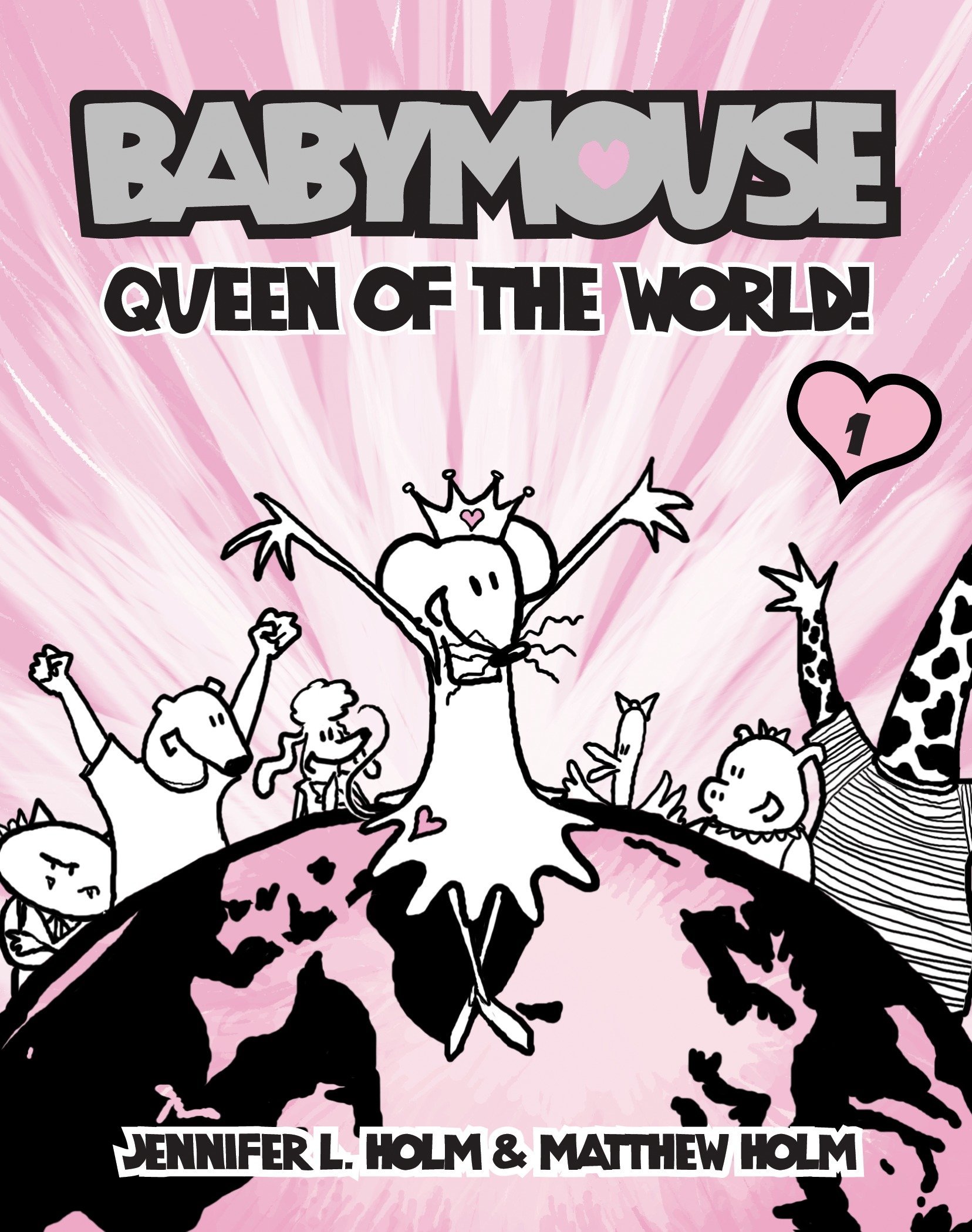The Voyages of Doctor Dolittle by Hugh Lofting (published 1922) continues the story of the special doctor that talks to animals, John Dolittle, but this time with a different tone and child’s perspective. In this volume, the doctor travels across the ocean to the coast of Brazil to find his naturalist friend on his floating








